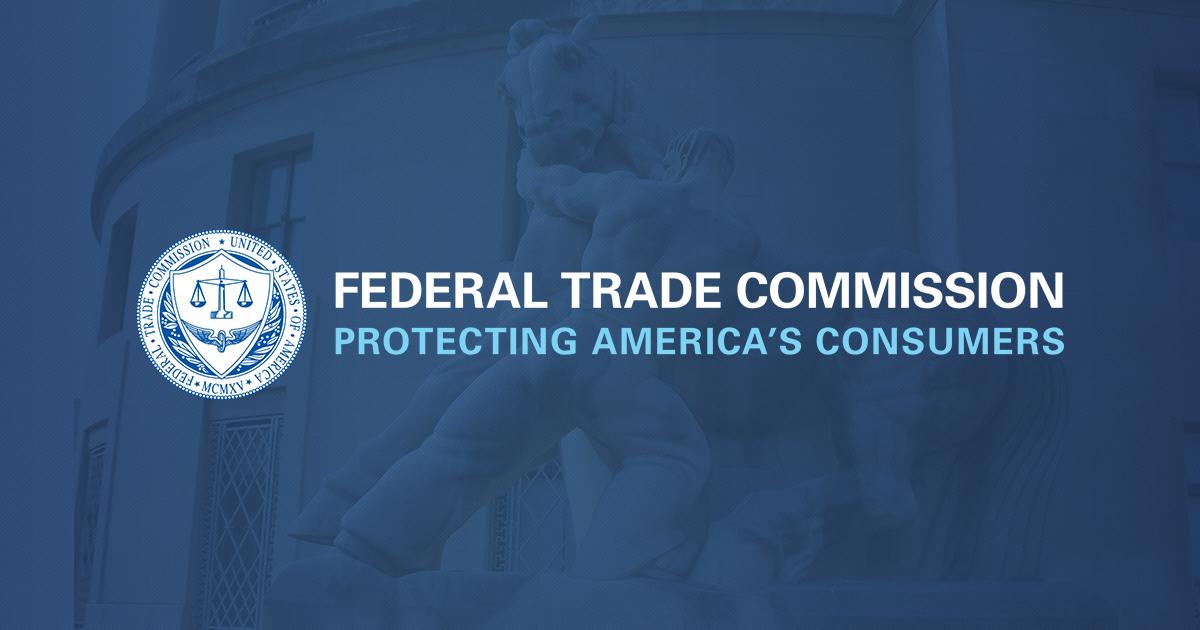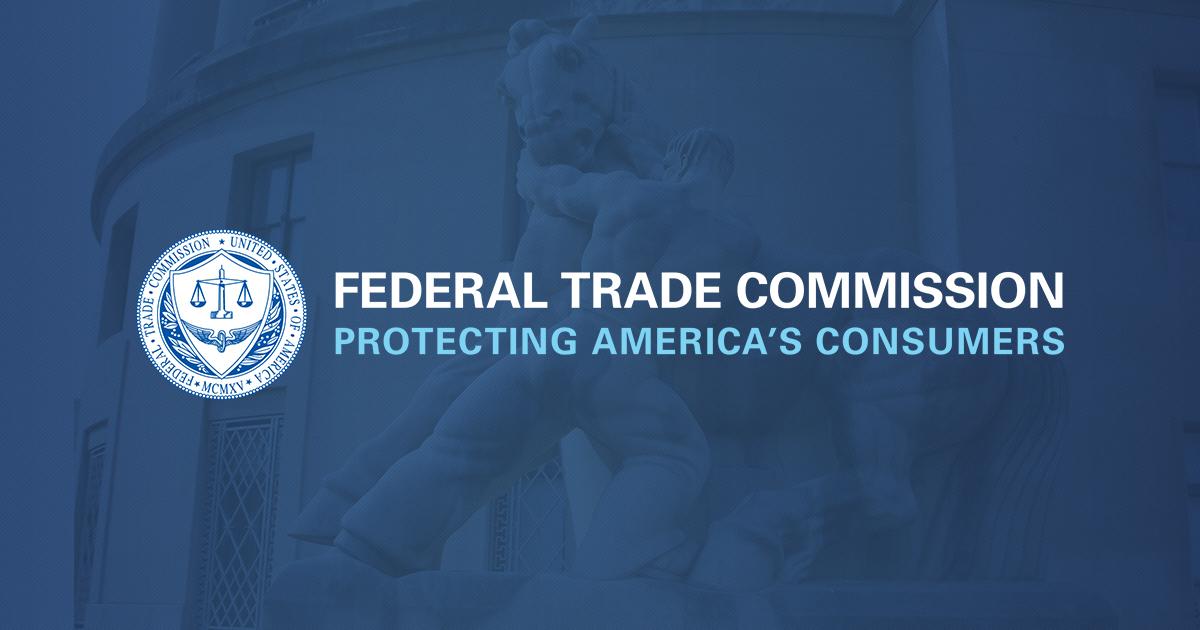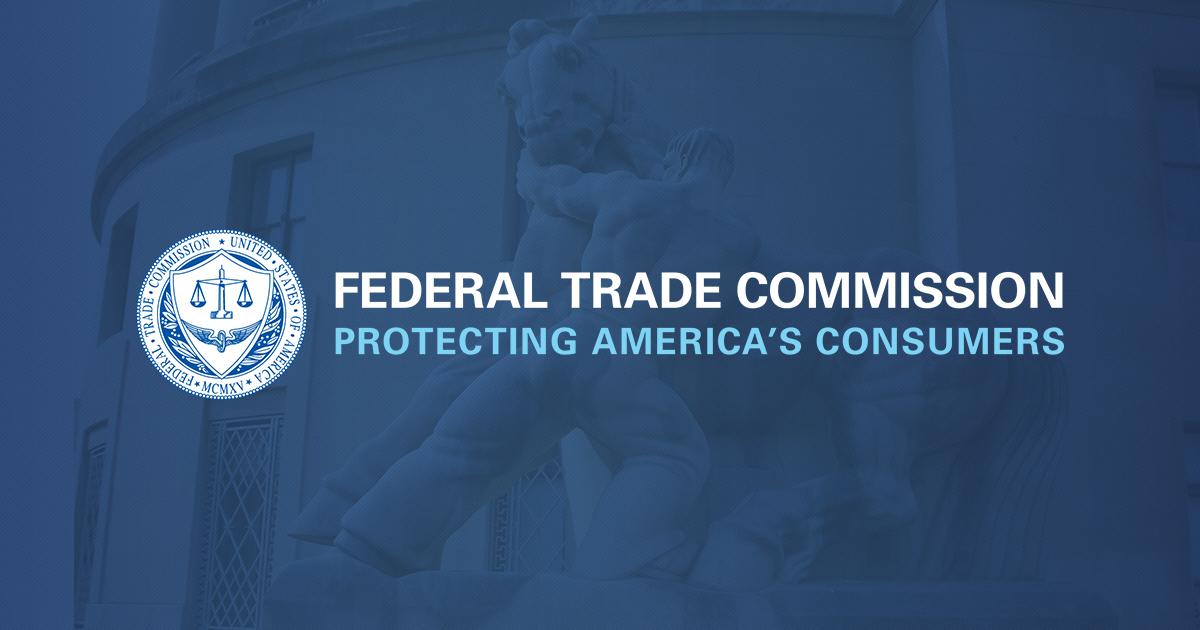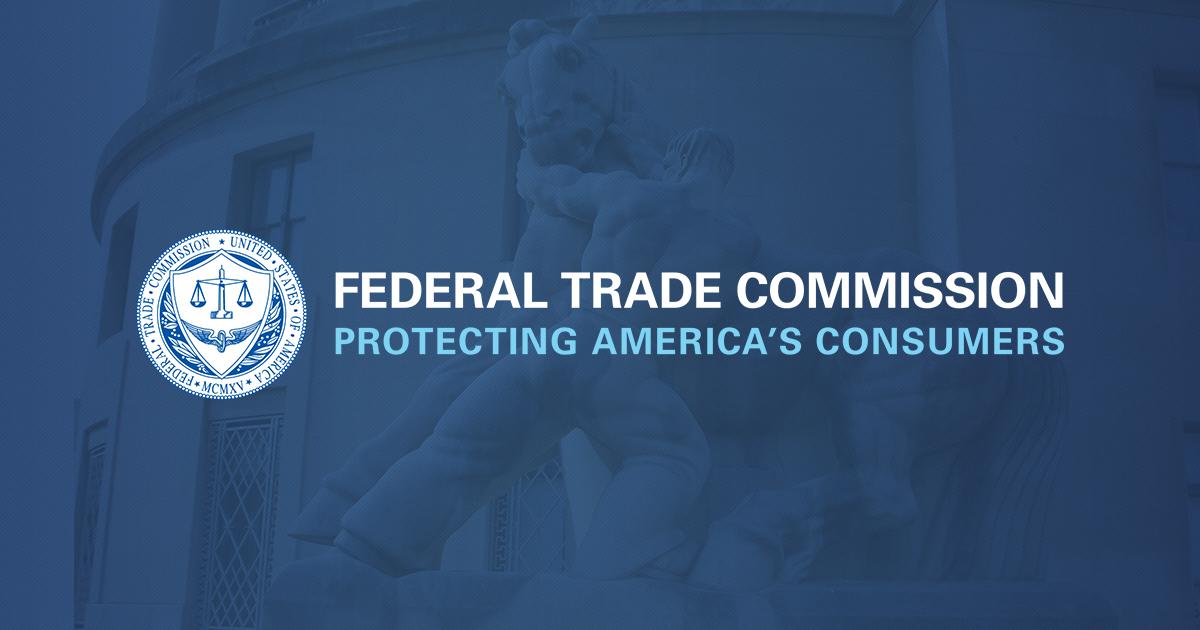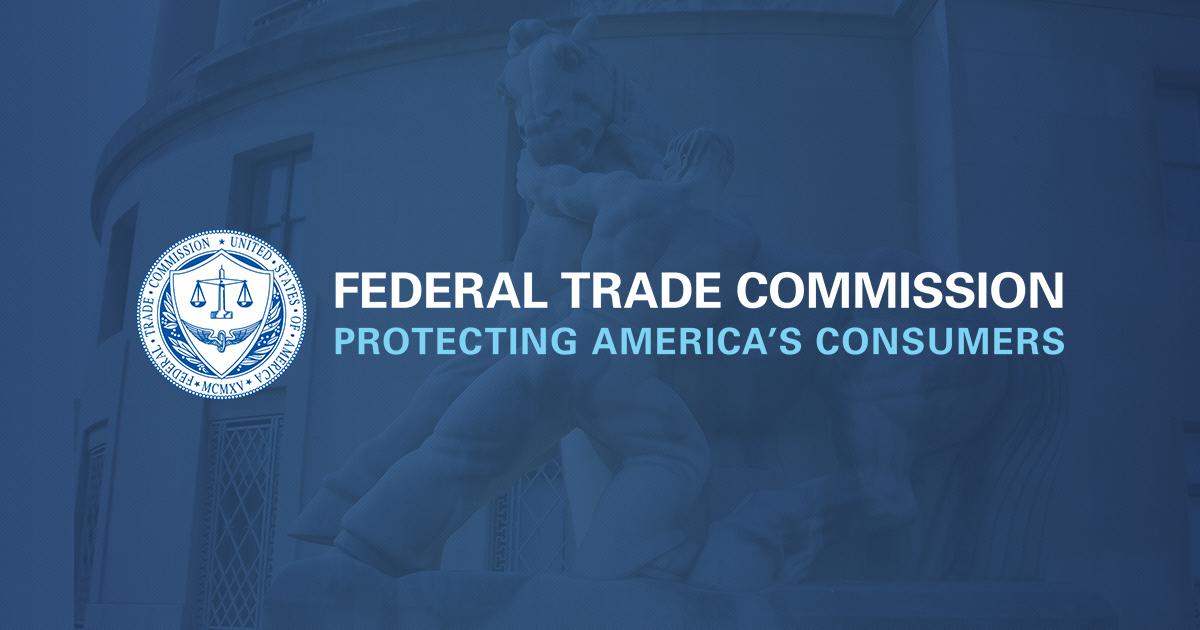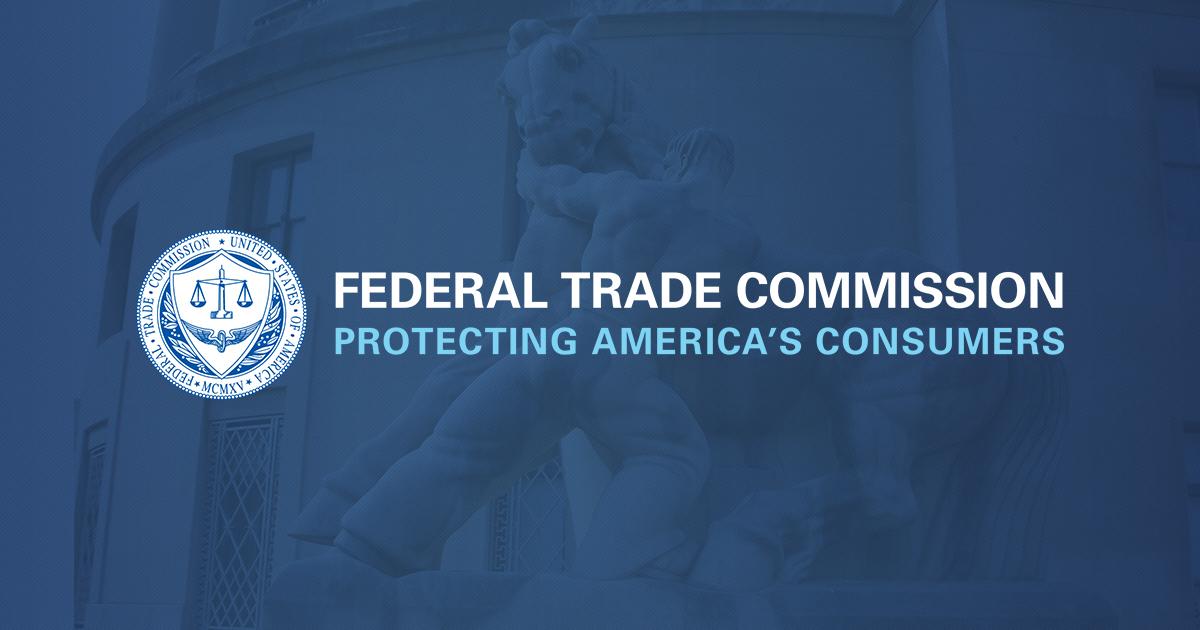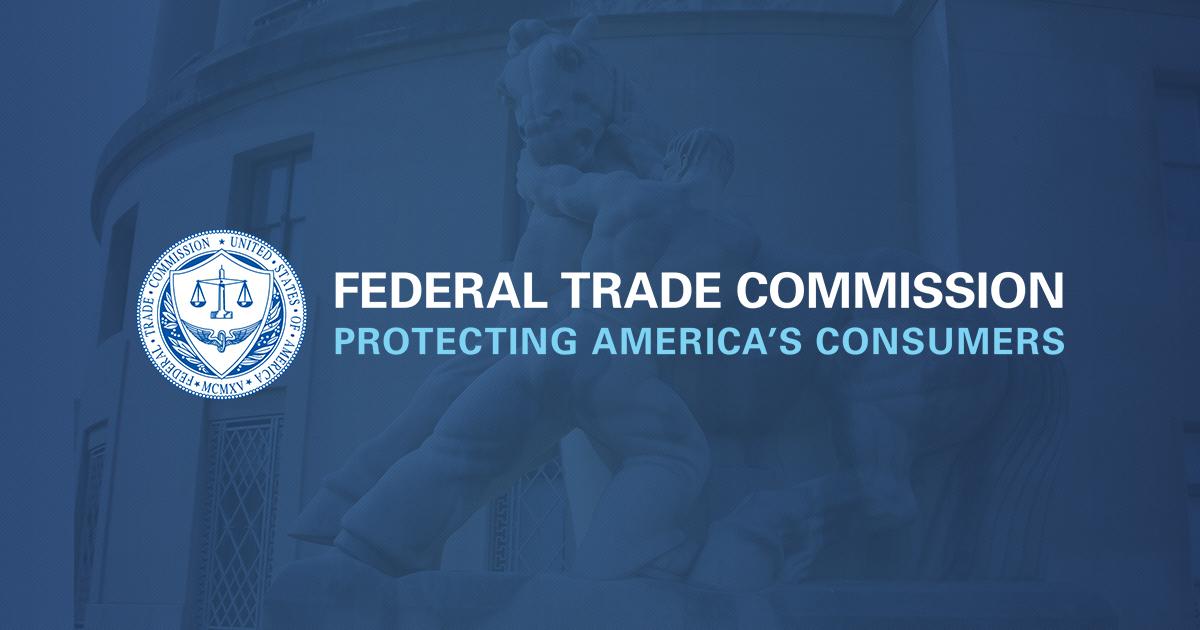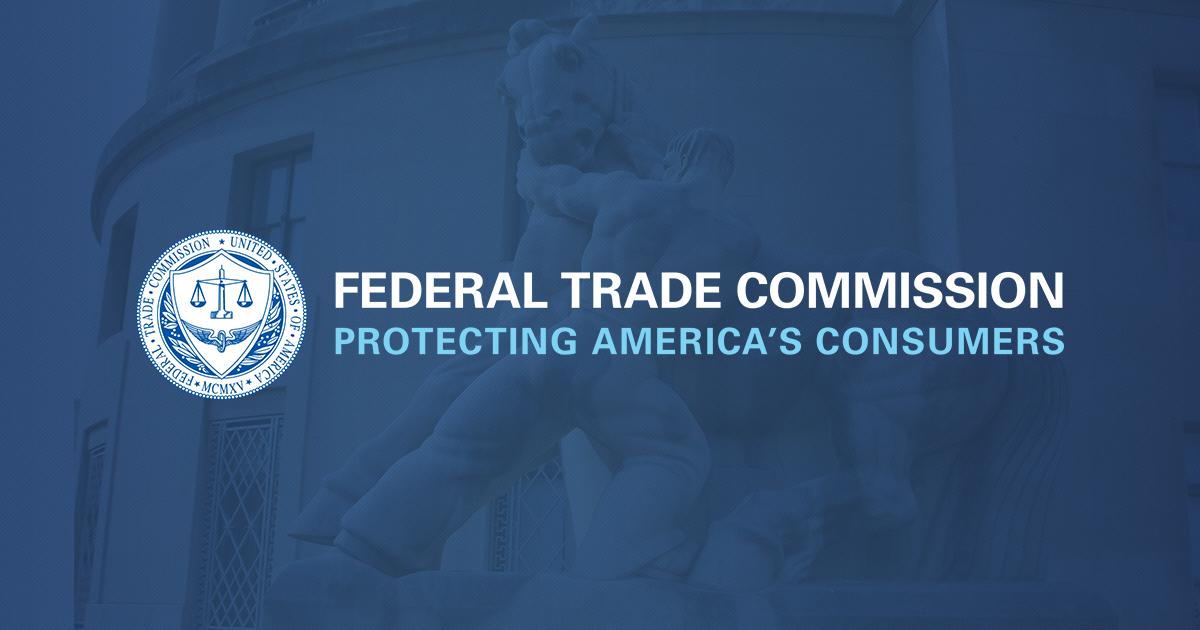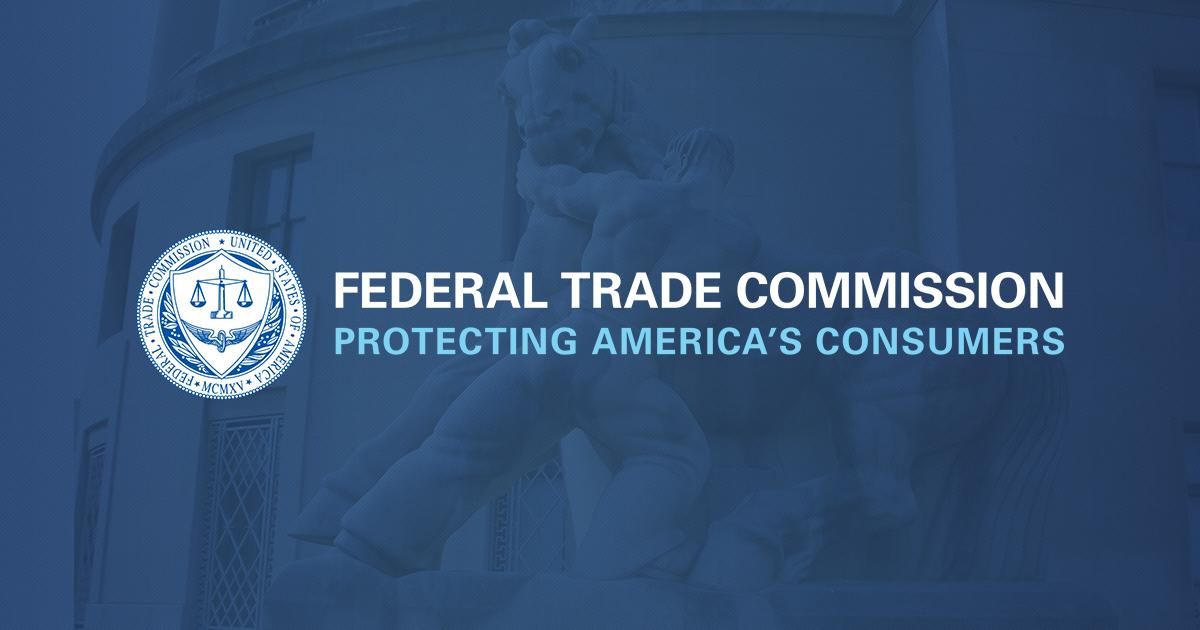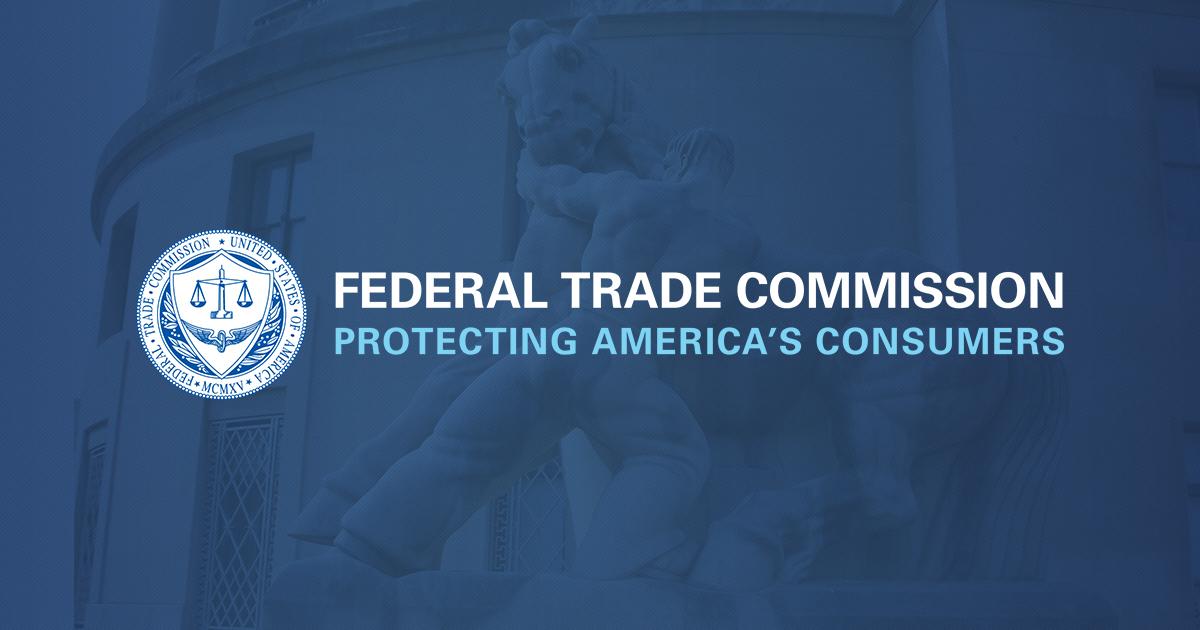In a decision announced today, the U.S. Court of Appeals for the Fifth Circuit ruled in favor of the Federal Trade Commission, denying a petition by Chicago Bridge & Iron Company (CB&I) to review an administrative FTC opinion that CB&I illegally acquired certain assets of Pitt-Des Moines, Inc. (PDM) in February 2001, during a pending FTC investigation. The Circuit Court’s ruling ends litigation in the case against CB&I and upholds the FTC’s administrative opinion that the acquisition substantially lessened competition in four relevant markets for industrial storage tanks in the United States.
According to the Circuit Court decision, the FTC correctly applied the legal standards of burdens of proof and persuasion in its 2005 administrative opinion, properly analyzed the “potential entry” defense, and had substantial evidence to conclude that “potential entry” evidence was insufficient to rebut the prima facie case against the respondents. In addition, the Court found that the Commission relied on substantial evidence for its factual findings and that it did not abuse its discretion in issuing the remedy provisions, calling them “not overbroad nor punitive.” Finally, the Court found that a separate evidentiary hearing was not required in this case, as claimed by CB&I, and that the Commission “did not abuse its discretion” in denying CB&I’s request for a rehearing and an additional evidentiary hearing on the remedy the Commission would impose.
Case History
CB&I is one of the world’s leading global engineering and construction companies. PDM was a diversified engineering and construction company, and a distributor of a broad range of carbon steel products. Before the 2001 transaction, CB&I and PDM competed against each other as the two leading U.S. producers of large, field-erected industrial and water storage tanks and other specialized steel-plate structures.
The Commission’s complaint, filed in October 2001, challenged CB&I’s acquisition of PDM’s Engineered Construction and Water Divisions. The complaint alleged, among other things, that the consummated merger significantly reduced competition in four separate markets involving the design and construction of various types of field-erected specialty and industrial storage tanks in the United States: 1) liquefied natural gas (LNG) storage tanks; 2) liquefied petroleum gas (LPG) storage tanks; 3) liquid atmospheric gas (LIN/LOX) storage tanks; and
4) thermal vacuum chambers (TVCs).
Following an administrative trial to resolve these charges, an administrative law judge ruled in June 2003 that the acquisition was anticompetitive, and ordered CB&I to divest all assets obtained through the acquisition. Both CB&I and counsel supporting the complaint appealed this initial decision, and the case was then reviewed by the full Commission. In an opinion issued in January 2005, the Commission upheld the administrative law judge’s initial decision, finding that the acquisition was unlawful, but differed with that decision’s analysis on certain issues and with the decision’s final relief.
In its opinion, the Commission held that the acquisition violated Section 7 of the Clayton Act and Section 5 of the FTC Act. To restore competition as it existed prior to the merger, it ordered CB&I to create two separate, stand-alone divisions capable of competing in the relevant markets, and to divest one of those divisions within six months. CB&I then petitioned the Fifth Circuit to review the Commission’s decision, leading to the decision announced today. Copies of the Fifth Circuit Court of Appeals decision can be found on the FTC’s Web site on the case docket page and as a link to this press release.
The FTC’s Bureau of Competition works with the Bureau of Economics to investigate alleged anticompetitive business practices and, when appropriate, recommends that the Commission take law enforcement action. To inform the Bureau about particular business practices, call 202-326-3300, send an e-mail to [email protected], or write to the Office of Policy and Coordination, Room 394, Bureau of Competition, Federal Trade Commission, 600 Pennsylvania Ave, N.W., Washington, DC 20580. To learn more about the Bureau of Competition, read “Competition Counts” at http://www.ftc.gov/competitioncounts.

